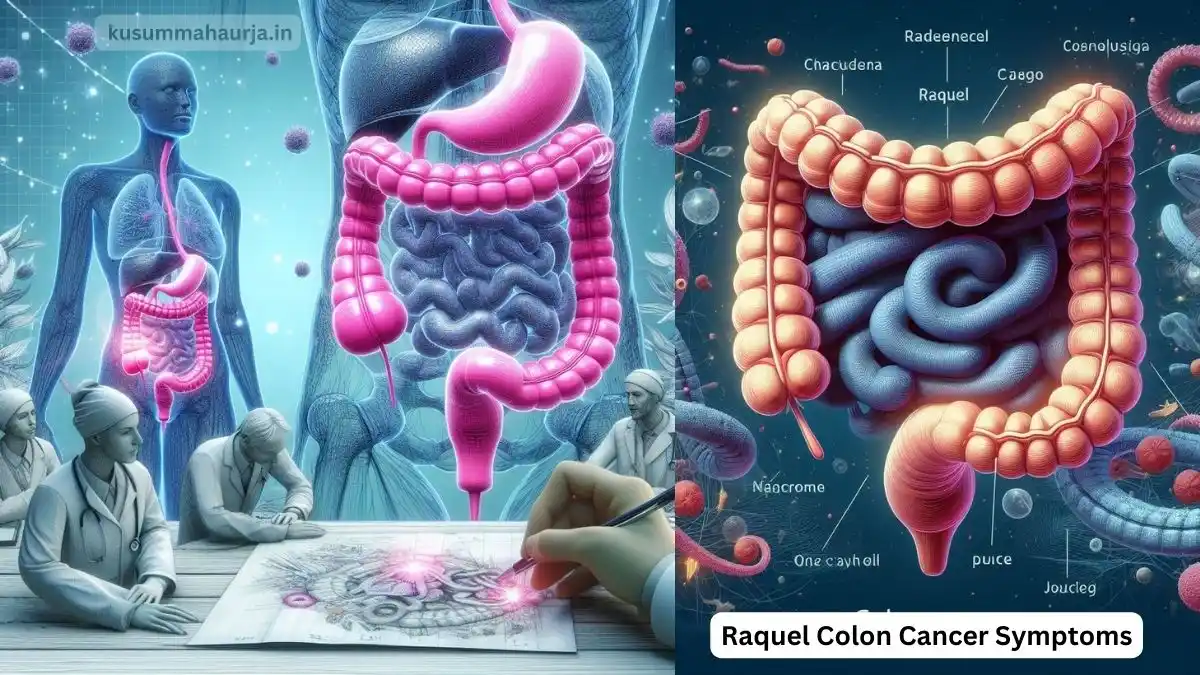Introduction
Colon cancer is a serious health condition that affects millions of people worldwide. It is important to be aware of the symptoms associated with colon cancer, as early detection can greatly improve the chances of successful treatment. In this article, we will explore the symptoms that Raquel may experience if she has colon cancer, as well as provide some general information about the disease.
Understanding Colon Cancer
Colon cancer, also known as colorectal cancer, is a type of cancer that affects the colon or rectum. It typically starts as small, noncancerous clumps of cells called polyps, which can eventually develop into cancerous tumors. The exact cause of colon cancer is unknown, but certain risk factors such as age, family history, and lifestyle choices can increase the likelihood of developing the disease.
Common Symptoms of Raquel Colon Cancer
While the symptoms of colon cancer can vary from person to person, there are some common signs to watch out for. Raquel may experience the following symptoms if she has colon cancer:
- Changes in bowel habits: Raquel may notice persistent diarrhea or constipation, as well as a change in the consistency of her stool.
- Rectal bleeding: Raquel may see blood in her stool or notice bleeding from the rectum.
- Abdominal discomfort: Raquel may experience persistent abdominal pain, cramps, or bloating.
- Unexplained weight loss: Raquel may notice a significant and unexplained drop in her weight.
- Fatigue: Raquel may feel constantly tired and lacking in energy.
Less Common Symptoms
In addition to the common symptoms mentioned above, there are some less common signs that Raquel may experience:
- Anemia: Raquel may develop anemia due to chronic bleeding from the colon.
- Nausea and vomiting: Raquel may experience these symptoms if the tumor is causing a blockage in her colon.
- Jaundice: Raquel may develop yellowing of the skin and eyes if the cancer has spread to her liver.
- Changes in appetite: Raquel may have a decreased appetite or feel full even after eating a small amount.
When to Seek Medical Attention
If Raquel experiences any of the symptoms mentioned above, it is important for her to seek medical attention. While these symptoms can be caused by conditions other than colon cancer, it is always better to be safe and get a proper diagnosis. A healthcare professional will be able to perform the necessary tests to determine the cause of the symptoms and recommend appropriate treatment if needed.
Conclusion
Being aware of the symptoms associated with colon cancer is crucial for early detection and successful treatment. If Raquel experiences any changes in bowel habits, rectal bleeding, abdominal discomfort, unexplained weight loss, or fatigue, she should seek medical attention. Remember, early detection can save lives, so it is important to listen to our bodies and take action when something doesn’t seem right.
